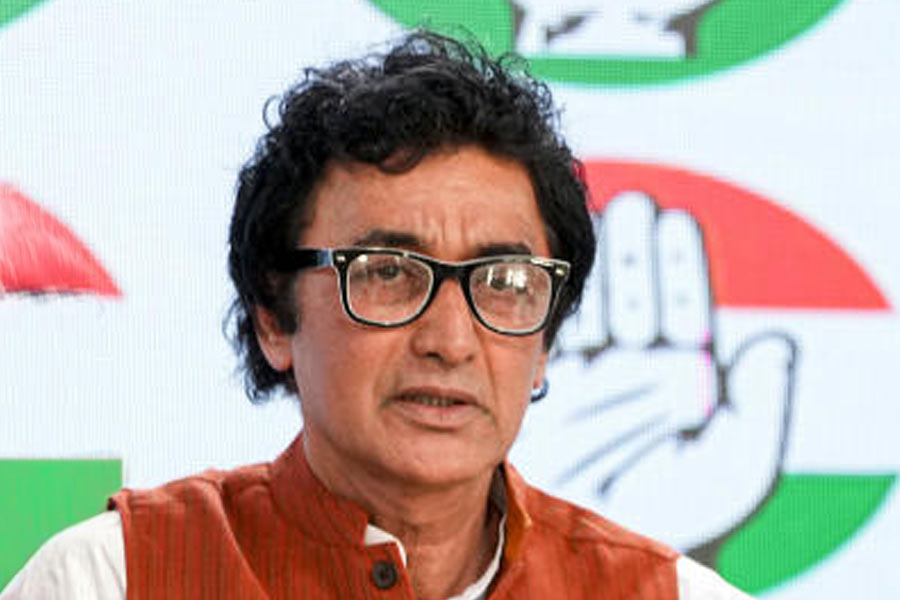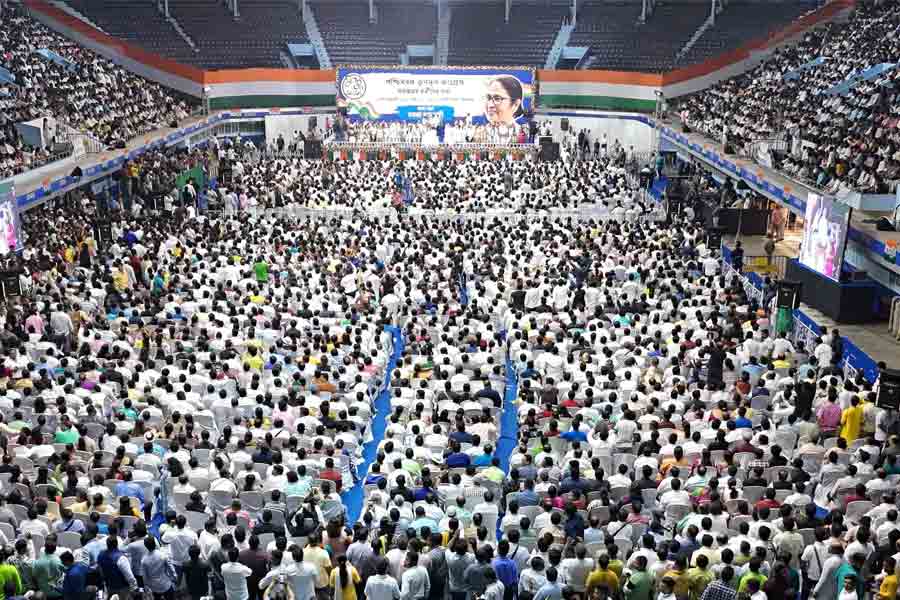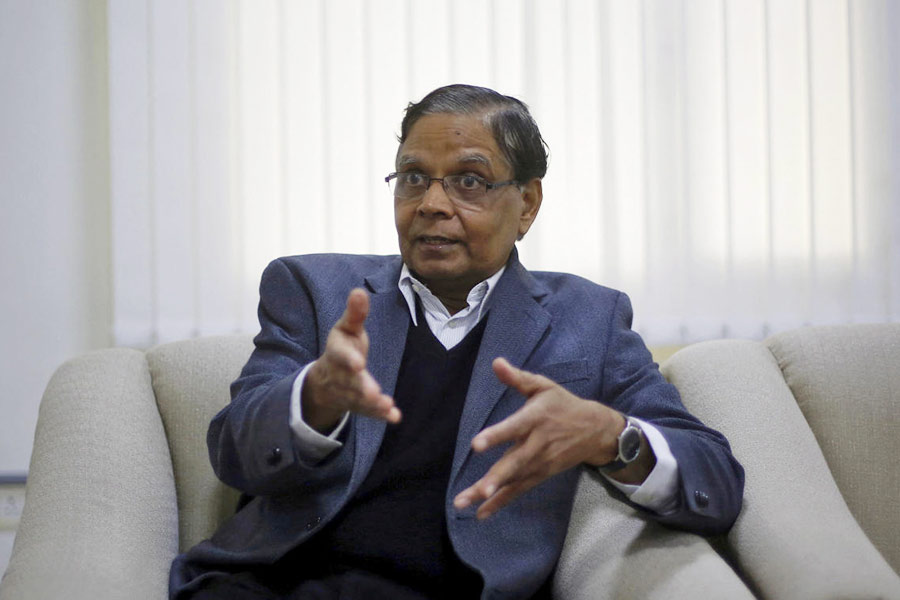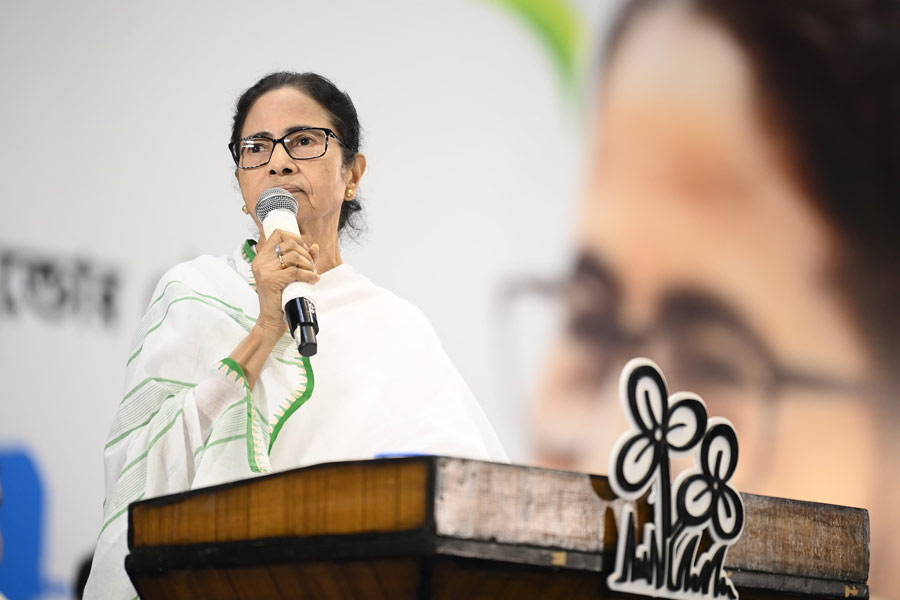HOW LONG CAN THE MOON BE CAGED? VOICES OF INDIAN POLITICAL PRISONERS
By Suchitra Vijayan and Francesca Recchia
Context, Rs 599
In his book, Why Do You Fear My Way So Much? Poems and Letters from Prison, G.N. Saibaba asks the following question through a poem titled “Tell Me, O Monk”: “Kabir, the servant of people, says,/ Does this son of a monster/ ever relinquish his greed for the chair?/ My wayfarers, if you still have any questions in mind,/ see the atrocities perpetrated/ by the seat he so firmly clings to.”
The verb, “see”, in the second-last sentence of the verse above, is under serious scrutiny, for despite things being crystal clear, it seems that the violence that India’s ruling regime has inflicted on the most disenfranchised — or anyone whom it sees as a threat — hasn’t ignited as much protest as it deserves. To further discourage any sign of dissent, the oppressive regime booked many believers in democracy under an array of charges, stripping them of their basic dignity by denying medical help, forcing partners to stay separately, and prohibiting children from sharing a piece of drawing or work with their imprisoned parent.
The founding members of The Polis Project, the writer, researcher, and photographer, Suchitra Vijayan, and the independent researcher and writer, Francesca Recchia, have co-authored this book in an attempt to create an archive of these atrocities and the resilience of the imprisoned people.
Divided into seven chapters, this volume is a gut-wrenching record of how the State was able to “manufacture its enemies”. The co-authors note that in “India, national security is the holy cow, in whose name almost any egregious violation of fundamental rights is now possible.” Not only that but it has also invented a dehumanising language “for the preservation of a homogenous idea of a Hindu India”.
The structure of the book is unlike the ones that are employed for works like this. It breaks away from the norm by enlisting every arrest of political prisoners from May 2014 through to April 2024 in its first chapter, “A Season of Arrests”. In the subsequent chapter, the co-authors break down the apparatus of those arrests. For example, “[a] bookshelf had become evidence of sedition” in the case of “Saibaba and others [who were held] guilty of waging war against the mighty Indian state.”
How the State, in collusion with the legal paraphernalia, managed to incarcerate the Bhima Koregaon political prisoners and was responsible for the institutional murder of Father Stan Swamy make for chilling reading. Equally disturbing are accounts of those who tried to stay put through the humiliating ways in which the State attempted to break their spirits and their belief in the Constitution.
A piercing political instrument, this book demonstrates that a recollection of resilience of this kind is in itself a form of protest. Words continue to yield power. This book bears witness to that fundamental belief.











